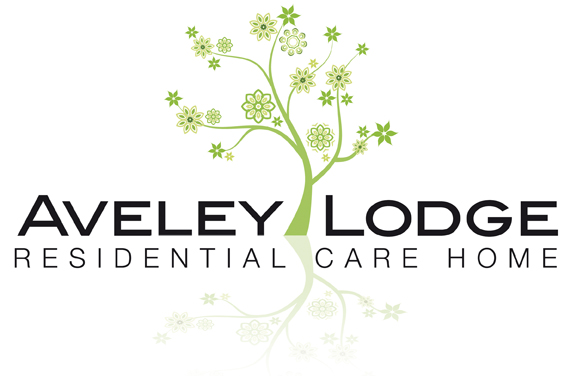Understanding Dementia
Understanding and supporting people with dementia
Many people use the terms Alzheimer’s and Dementia interchangeably, but although there is a relationship between the two, there is a difference.
Dementia is a description for a wide variety of symptoms including impaired thinking and memory and affecting communication and performance of daily activities. While it may be an early indication of Alzheimer’s disease, Dementia symptoms can be due to other causes, such as strokes, head injuries and brain tumours.
Alzheimer’s disease is a form of dementia that specifically affects parts of the brain that control thought, memory and language. The disease develops when proteins in the brain build up, preventing connections between nerve cells. Eventually, the loss of connections kills nerve cells and causes lost brain tissue.
How to recognise the early signs of Dementia
While every person is different here are some of the possible early signs of Dementia.
They include subtle changes in short-term memory, where a person may be able to remember events from years ago but not what they had for breakfast that morning or why they went into a particular room, or forgetting where they have left something.
Other common symptoms include losing words, or forgetting names, difficulty in completing tasks such as playing games with several rules, not recognising once-familiar landmarks and forgetting regularly used directions.
There may also be personality changes, such as becoming irritable, withdrawn, isolated and reluctant to socialise, or a loss of interest in a hobby.
Helping to slow the rate of change
While ultimately if the cause is due to Alzheimer’s Disease there is no cure it is often possible to help people suffering from Dementia to slow down the process of change.
Exercise, stimulating mental activity, healthy diet and socialising are the main ones as all three stimulate the brain and also help keep the body healthy.
Recent research has found that the progression of Dementia symptoms can be slowed by regular, moderate exercise every day. The effect is increased with a greater variety of activities.
Stimulation of the mind increases the number and strength of connections between the brain cells So activities such as solving puzzles, learning something new, reading challenging material, playing board games, and social activities playing a musical instrument, and dancing will all help.
Plenty of fresh fruit and vegetables and foods rich in anti-oxidants in the diet protect brain neurons from chemicals, called free radicals, that damage cells. The benefits of the Mediterranean diet marked by high intake of olive oil and low intake of monounsaturated fat are also well-known.
At Aveley Lodge all our staff are dementia trained and experienced in managing and helping our residents with symptoms. We also have a wide programme of activities, featuring everything from cooking clubs to art clubs and musical entertainment to armchair exercise.



